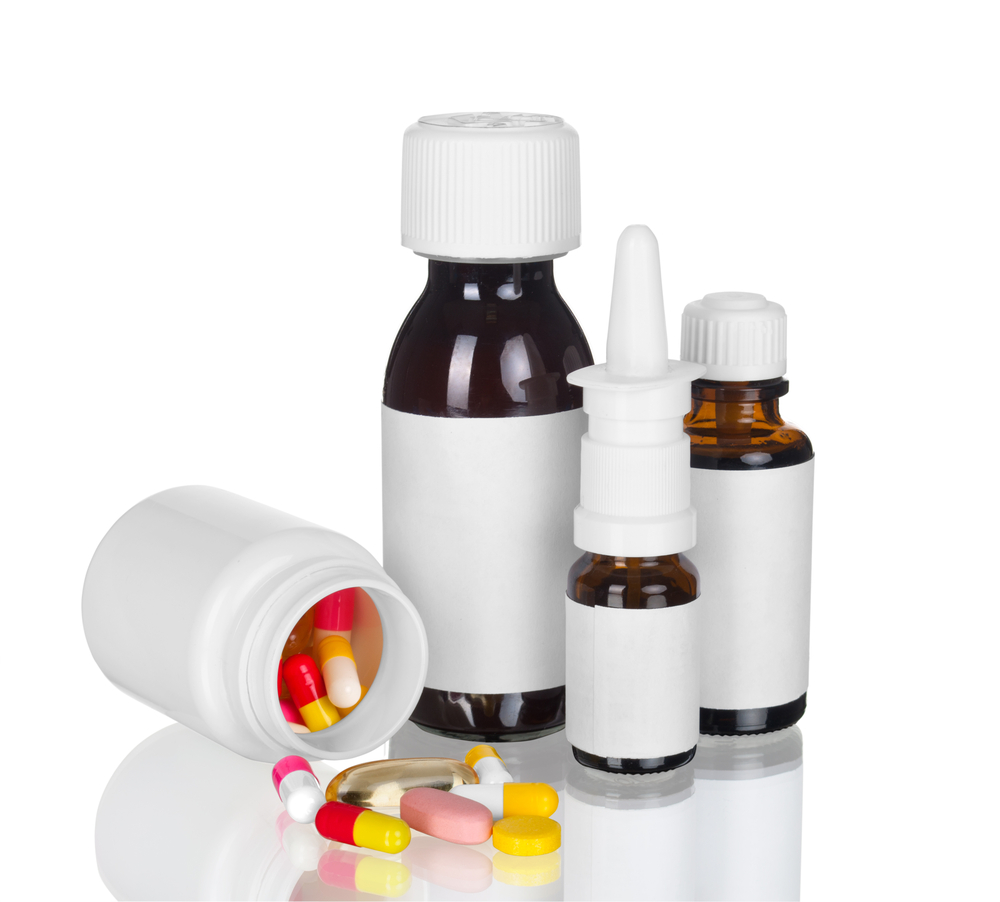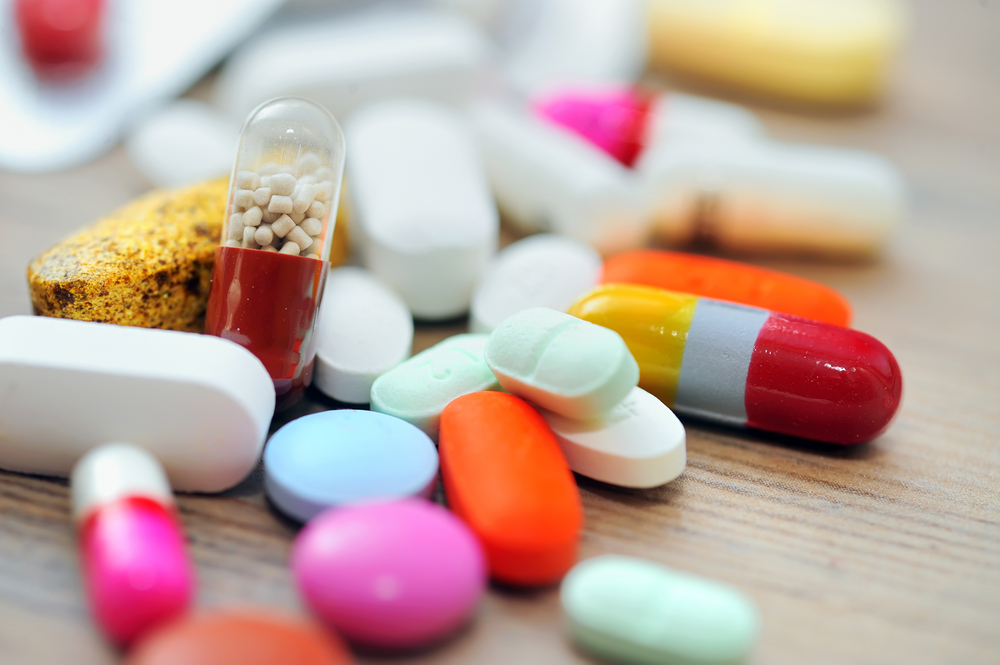Drugs are simply chemicals that can affect the way our body works. There are many different types of drugs and they can be put into three different groups:
1. Medicinal
2. Recreational
3. Illegal

Medicinal drugs treat disease or relieve symptoms. For example, painkillers like paracetamol or ibuprofen would help to lower our temperature if we had a cold. These can be bought from a pharmacy over-the-counter. Antibiotics like penicillin destroy bacteria. If we were to have a bacterial infection, we might be prescribed antibiotics by the doctor - we can't get these over-the-counter without a prescription.
Although medicines can be easily bought or prescribed by doctors, this does not mean that they are completely safe. Medicines can have many different side effects, so it is important to read the information leaflet before taking any medicines.

Recreational drugs are ones that are taken for pleasure. People take recreational drugs because they like the feelings of pleasure they get. For example, when someone drinks alcohol they may feel more relaxed and confident. Other recreational drugs include tobacco in cigarettes. Smoking cigarettes can improve your mood and concentration, and caffeine in coffee can leave us feeling more active and focused, which might explain why we tend to have a coffee at breakfast time!
Recreational drugs might include illegal drugs.

Illegal drugs are those that aren't allowed by the law and can be dangerous. Illegal drugs tend to be recreational as well as people choose to take them. Most illegal drugs can cause long-term damage. For example, cannabis can cause memory loss, and heroin can lead to collapsed veins and liver and kidney disease. Cocaine can lead to blocked arteries in the heart, and ecstasy can lead to kidney failure. Many of these illegal drugs will give feelings of relaxation or intense happiness.
Drugs can be further split into two categories: depressants or stimulants, each having a different effect on the body.
Depressants
Depressants are drugs that slow down messages to the brain and nerves.
Examples of depressants are alcohol, cannabis, solvents (such as aerosols and glue) and heroin.
The typical effects of depressants on the body are:
Slowed brain functions such as thinking and muscle movement
Blurred vision or hallucinations
Slowed pulse and lowered blood pressure
Impaired judgment and coordination
These effects usually wear off - however, there are some long-term effects of the use of depressants:
Cannabis causes loss of memory and concentration, as well as an increased risk of mental illness.
Alcohol can lead to weight gain
Any depressants can cause breathing or sleeping difficulties
Stimulants
Stimulants do the opposite of depressants. They speed up messages to the brain and nerves and make you feel more alert.
Examples of stimulants are caffeine (found in coffee, tea and fizzy drinks) which is legal. Then there's cocaine, ecstasy and amphetamines, which are all illegal.
The typical effects of stimulants on the body are:
More energy and confidence (stimulants are often illegally used in sports for this reason)
Lack of concentration
Long-term effects include:
Damage to the liver
Damage to the heart
Memory loss
Extreme weight loss
In this activity, we will look at what stimulants and depressants are and their effects on the body.







